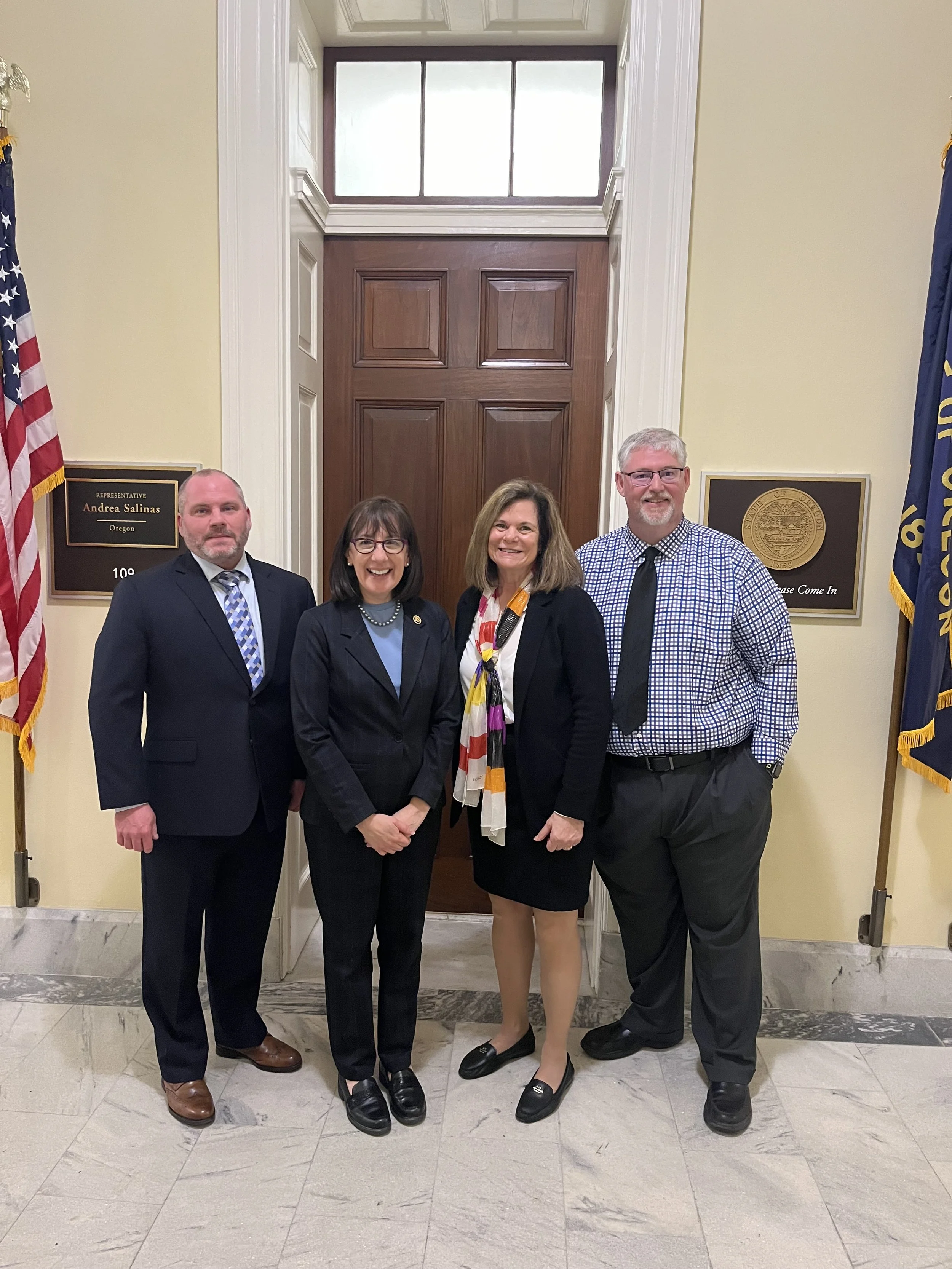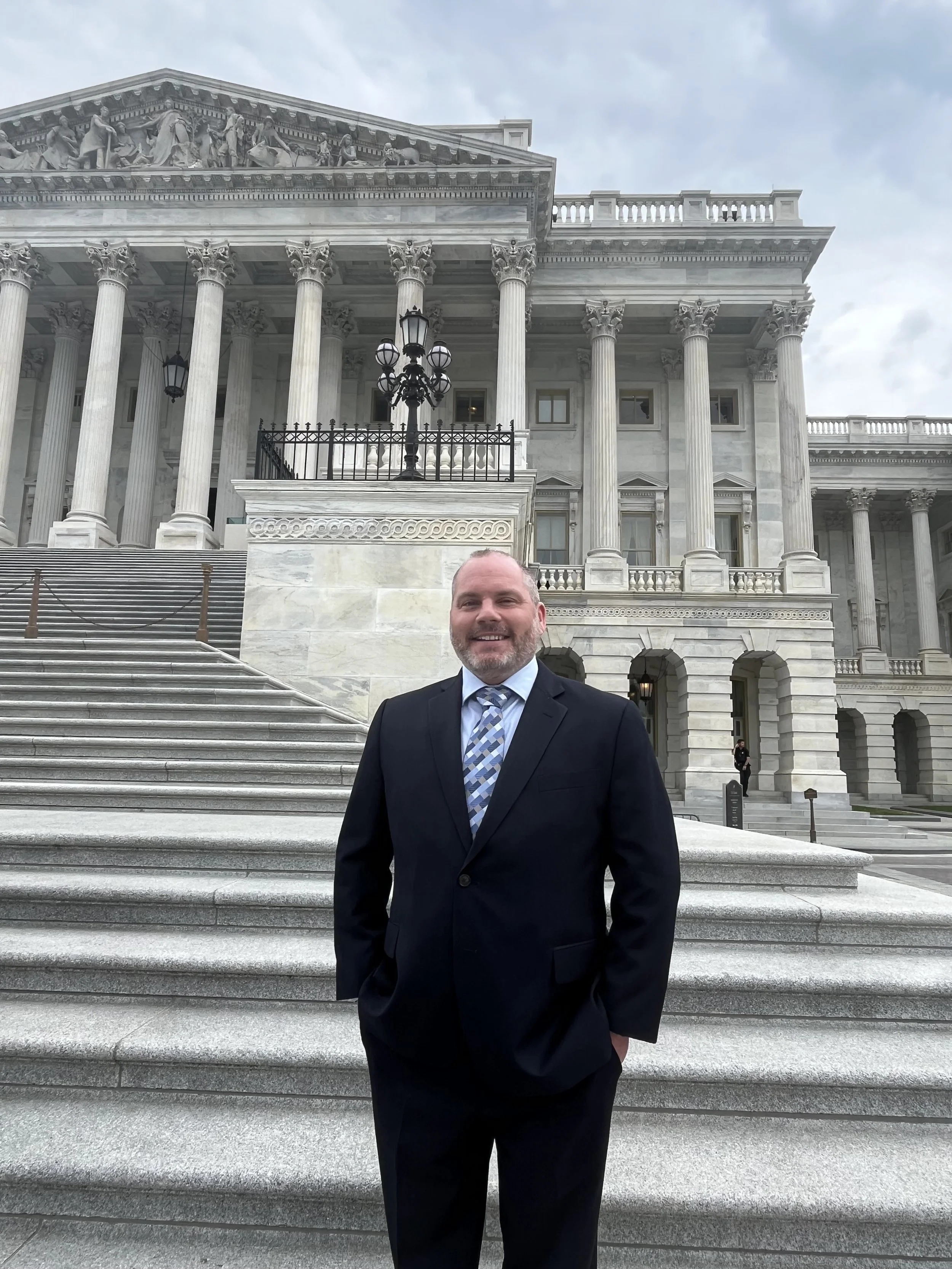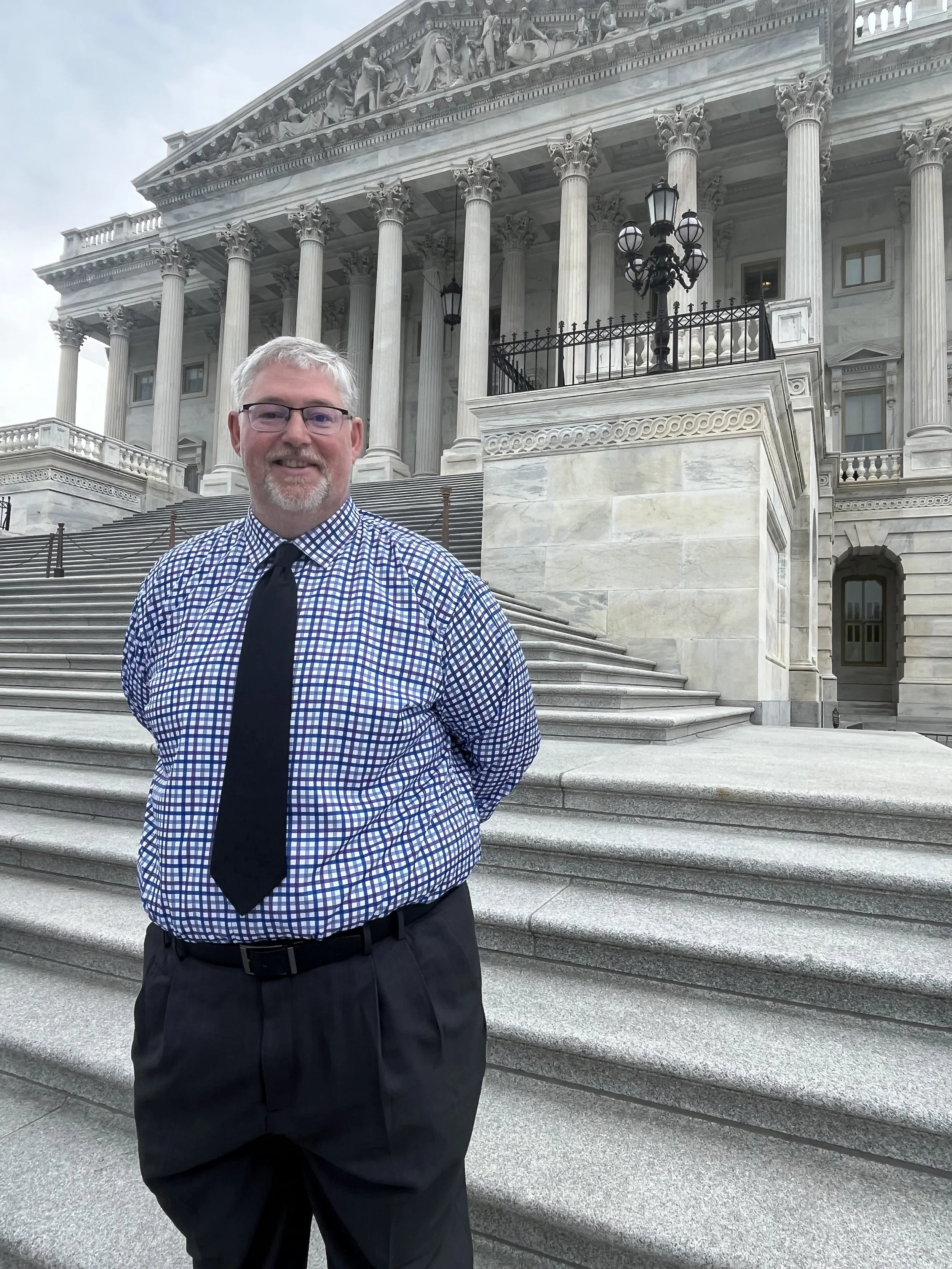
Legislative Updates for 2025
2025 Important Dates: 83rd Oregon Legislative Assembly Oregon Legislative Days: 1/21/25- 6/29/25
2/21/25 – Legislative Concepts (LC) due
2/25/25 – Measure introduction deadline
4/9/25 – First chamber deadline
5/23/25 – Second chamber deadline
6/29/25 – Constitutional Sine Die (last day)
2025 Oregon House Bills:
HB 2313 The Act changes the crime of assault in the third degree to include assault of health care workers. The Act makes health care worker employers notify victims if the assaulter enters the victim's workplace.
Expands the crime of assault in the third degree to include causing physical injury to a health care worker while the worker is acting in the course of official duty.
Requires employers of health care workers to create a notification program to notify a health care worker assault victim if the assaulter enters the victim's workplace
HB 2552 The Act creates new laws for workplace violence prevention in health care settings. The Act takes effect 91 days following sine die.
Creates workplace violence prevention requirements for certain health care entities. Requires subject entities to compile data concerning incidents of workplace violence and submit reports to the Department of Consumer and Business Services.
Requires certain health care employers and home care settings to take certain actions to protect workers against risks of violence and other safety-related risks.
Requires the Oregon Health Authority to develop and administer a grant program to provide financial assistance to eligible entities for workplace violence prevention efforts. Establishes a timeline within which the authority must begin distributing funds to approved grant applicants.
HB 2701 The Act says that some health and public safety places have to be prepared for emergencies.
Requires health care facilities, health care providers, local public health authorities and public and private safety agencies to maintain capacity, including sufficient amounts of certain supplies, to continue in normal operation for 120 days at a 25 percent mortality rate. Defines "25 percent mortality rate." Directs the Oregon Health Authority and health professional regulatory boards to report to the Oregon Department of Emergency Management. Directs the department to report annually to an interim committee of the Legislative Assembly related to emergency preparedness.
HB 2467 The Act makes changes to laws about when a person with a mental illness may be taken into custody.
Defines "dangerous to self," "dangerous to others" and "serious physical harm" for the purpose of involuntarily committing a person with mental illness. Describes evidence that the court may consider in civil commitment proceedings.
HB 2748 The Act says that an entity that is not a human may not call itself a nurse or similar title.
Prohibits a nonhuman entity from using the title "nurse" or other similar titles.
HB 2750 The Act makes a task force on improving safety in health care settings. Tells the task force to make a report.
The task force shall consider and recommend strategies for eliminating workplace violence in health care settings.
Establishes the Task Force on Improving Safety in Health Care Settings and directs the task force to report to an interim committee of the Legislative Assembly related to health care no later than December 15, 2026.
2025 Oregon Senate Bills:
The Act directs the CJC to study assaults in the workplace.
Requires the Oregon Criminal Justice Commission to study workplace assault convictions and sentences. Directs the commission to submit findings to the interim committees of the Legislative Assembly related to the judiciary not later than September 15, 2026.
UPDATE: SB 170 Amendment to Bill would also amend ORS 163.160 to add to a Class C felony:
(a) Intentionally, knowingly or recklessly causes physical injury to another;
(b)With criminal negligence causes physical injury to another by means of a deadly weapon;
AND
(new proposed language)
The assault is committed against a victim who is performing official duties as part of the victim’s employment; AND The person has two or more previous convictions for violating this section or ORS 163.165, 163.175 or 163.185, or for committing an equivalent crime in another jurisdiction, in any combination, and at least two of the previous assaults were committed against a victim who was performing official duties as part of the victim’s employment.
SB 286 The Act tells OHA to study challenges faced by hospitals.
Requires the Oregon Health Authority to study hospital discharge challenges. Directs the authority to submit findings to the interim committees of the Legislative Assembly related to health not later than September 15, 2026.
SB 294 OHA do a study on emergency departments. Makes OHA give a report on its findings.
Requires the Oregon Health Authority to study emergency departments. Directs the authority to submit findings to the interim committees of the Legislative Assembly related to health care not later than September 15, 2026.
SB 537 The Act creates new laws for workplace violence prevention in health care settings. The Act takes effect 91 days following sine die.
Creates workplace violence prevention requirements for certain health care entities. Requires subject entities to compile data concerning incidents of workplace violence and submit reports to the Department of Consumer and Business Services.
Requires certain health care employers and home care settings to take certain actions to protect workers against risks of violence and other safety-related risks.
Requires the Oregon Health Authority to develop and administer a grant program to provide financial assistance to eligible entities for workplace violence prevention efforts. Establishes a timeline within which the authority must begin distributing funds to approved grant applicants.
SB 716 Tells OHA to make rules about registering urgent care centers and creates some standards. Tells some insurers to cover cost of care at registered urgent care centers at a set rate.
Requires the Oregon Health Authority to adopt rules for registering urgent care centers and specifies requirements.
Requires coverage of services provided by registered urgent care centers by health insurance that reimburses medical costs, plans offered by the Public Employees' Benefit Board and Oregon Educators Benefit Board, health maintenance organizations and multiple employer welfare arrangements and establishes requirements for rates of reimbursement.
SB 606 The Act would add certain health care workers to those whose stress disorders give rise to a presumption that a workers' comp claim is compensable.
Adds certain health care employees to the list of workers for whom certain stress disorders give rise to a presumption that a workers' compensation claim is compensable as an occupational disease.
SB 966 The Act makes Oregon join an agreement to let nurses from other states work in Oregon.
Enacts the interstate Nurse Licensure Compact. Permits the Oregon State Board of Nursing to disclose specified information to the Interstate Commission of Nurse Licensure Compact Administrators. Exempts individuals authorized to work as nurses under multistate licensure privilege from requirements to obtain licensure from the board and from restrictions on use of titles. Allows the board to use moneys to meet financial obligations imposed on the State of Oregon as a result of participation in the compact.
2025 National Bills:
S. 266 H.R. 929 Reauthorize the Dr. Lorna Breen Health Care Provider Protection Act.
Current Committee:
Senate Committee on Health, Education, Labor, and Pensions (HELP)
House Committee on Energy and Commerce
Chief Sponsors:
Sen. Young, Todd [R-IN]* Sen. Reed, Jack [D-RI]* Sen. Marshall, Roger [R-KS]* Sen. Shaheen, Jeanne [D-NH]* Sen. Murkowski, Lisa [R-AK]* Sen. Warner, Mark R. [D-VA]* Sen. Capito, Shelley Moore [R-WV]*
Rep. Kiggans, Jennifer A. [R-VA-2]* Rep. McClellan, Jennifer L. [D-VA-4]* Rep. Miller-Meeks, Mariannette [R-IA-1]* Rep. Krishnamoorthi, Raja [D-IL-8]* Rep. Fitzpatrick, Brian K. [R-PA-1]
Public policy refers to policies that the government makes on the public's behalf to resolve a specific issue.
Advocacy is the act of pleading, arguing for (or against), supporting, or recommending a cause, idea, or policy.
Government Affairs Committee Chair: Bill Schueler
Oregon Legislative Session:
Oregon State Legislature: https://www.oregonlegislature.gov/
Key Committees:
Oregon House Behavioral Health and Health Care Committee: https://olis.oregonlegislature.gov/liz/2023I1/Committees/HBHHC/Overview
Oregon House Judiciary Committee: https://olis.oregonlegislature.gov/liz/2023I1/Committees/HJUD/Overview
Oregon Senate Health Care Committee: https://olis.oregonlegislature.gov/liz/2023I1/Committees/SHC/Overview
Oregon Senate Judiciary Committee: https://olis.oregonlegislature.gov/liz/2023I1/Committees/HJUD/Overview
Advocacy Resources and Links
ENA's Public Policy Agenda: https://www.ena.org/government-relations/public-policy-agenda
Oregon Nurses Association (ONA) Government Relations: Policy & Advocacy: https://www.oregonrn.org/page/A3
American Nurses Association Advocacy: https://www.nursingworld.org/practice-policy/advocacy/
Congressional Management Foundation: https://www.congressfoundation.org/





